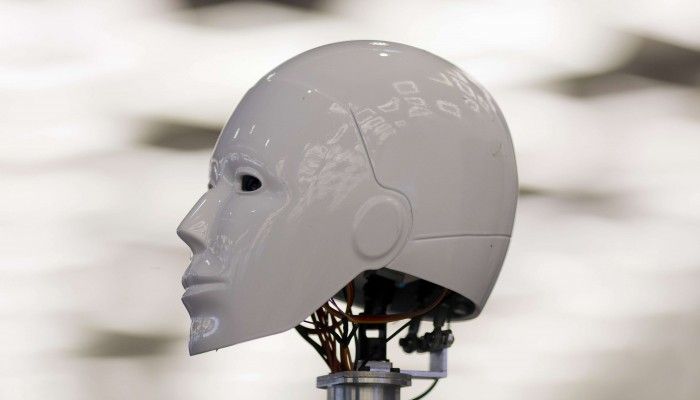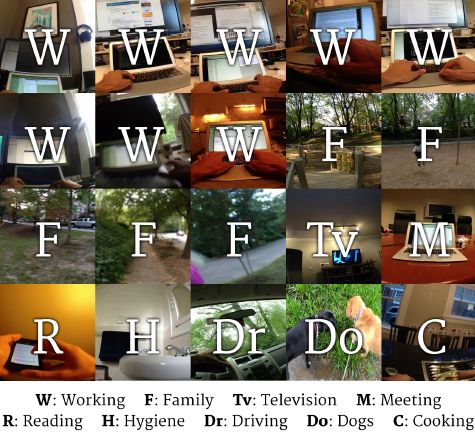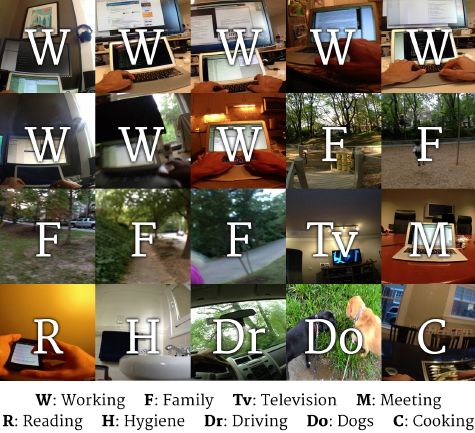HUMANS can now control swarms of robots using just their thoughts and eye movements.
In an incredible feat for science, a human has successfully guided a collection of robots using just their brain power.

HUMANS can now control swarms of robots using just their thoughts and eye movements.
In an incredible feat for science, a human has successfully guided a collection of robots using just their brain power.


They certainly are off to a great start with the QC satellite communications and their net infrastructure. So, could China indeed dominate AI as the leader of the most advance AI in the world? Maybe as they are on a great start to do so.
After a year of breakthroughs, experts believe they are on the brink of revolutionising our daily lives through artificial intelligence – and Asia can play a leading role in this brave new world.

The Sino-Israeli Robotics Institute (SIRI) was inaugurated in mid-December when a delegation of nine Israeli companies — led by Ariel University Prof. Zvi Shiller, chair of the Israeli Robotics Association, and Technion Prof. Moshe Shoham, founder of Mazor Robotics and a world leader in medical robotics — participated in the second Sino-Israeli Robotics Innovation Conference in Guangzhou, China.
Intended as “home base” for Israeli robotics companies entering the Chinese market, SIRI is located at the Guangzhou International Robotics Center (ROBOHUB), a government-supported, 4,800-square-meter robotics incubator and demonstration center including a large exhibition and demo area, innovation lab, training center, and corporate offices.
“This is an exciting time for the Israeli robotics industry,” Shiller said. “We are committed to establishing a true partnership with SIRI and ROBOHUB, and we look forward to broadening this strategic cooperation, which will serve as a fast track for transforming ideas into products and for moving products into the Chinese market.”

Cancer research is an area of medical science that, rightfully, gets considerable attention.
There are nearly 14.5 million Americans with a history of cancer and with more than 13 million estimated new cancer cases each year.
It’s no wonder even artificial intelligence (AI) has gotten into the field. Researchers from the University of Michigan are not getting left behind, with a groundbreaking method that has the potential to eliminate tumours.

If you thought 2016 was an impressive year for quantum; just wait to see what we have in store you in 2017! Google’s new QC device is coming, AI, the efforts on the Web, etc. Yes, indeed 2017 is going to be a fun and interesting year for QC.
This year has been rollercoaster crash for many with numerous tragedies and crises occurring all over the world, but it doesn’t mean that everything was grim in 2016.
Join IBTimes UK as we take a closer look at the many new developments across various fields of technological research, each with the potential to revolutionise human life for the better.
Artificial intelligence Artificial intelligence continues to be a key field of research into developing computers that can think like the human mind iStock.


Apple’s first paper on artificial intelligence, published Dec. 22 on arXiv (open access), describes a method for improving the ability of a deep neural network to recognize images.
To train neural networks to recognize images, AI researchers have typically labeled (identified or described) each image in a dataset. For example, last year, Georgia Institute of Technology researchers developed a deep-learning method to recognize images taken at regular intervals on a person’s wearable smartphone camera.


Nice.
(NaturalNews) A diagnosis of amyotrophic lateral sclerosis (ALS), commonly known as Lou Gehrig’s disease, was once considered a death sentence, but advanced automation technology is offering new hope to sufferers of the rare condition.
Most ALS patients eventually face an extremely difficult choice: either die from the lack of ability to breathe once the disease progresses or undergo a tracheostomy and spend the rest of one’s life on a ventilator – unable to move or speak.
Less than 10 percent of ALS patients choose the second option, but one man who suffers from the disease is helping to develop a viable third option: an opportunity to lead a relatively independent and mobile existence with the help of automation technology that can respond to head and eye movements, or even brain waves.
